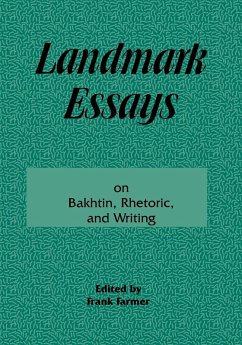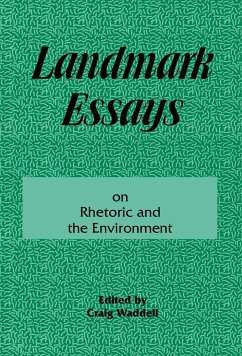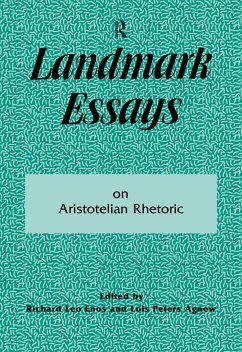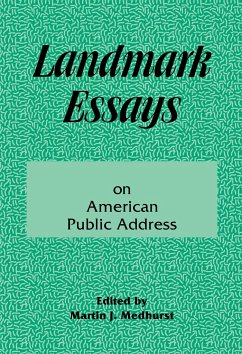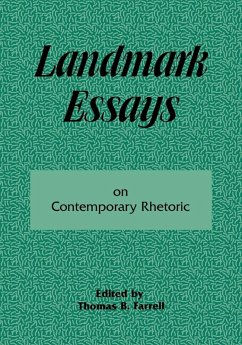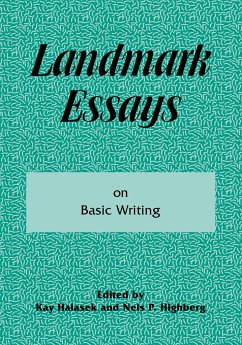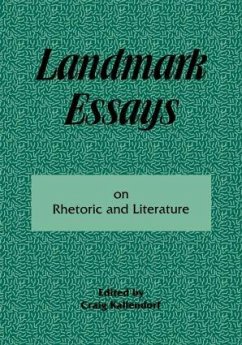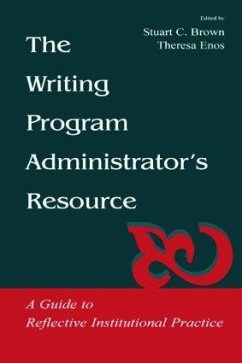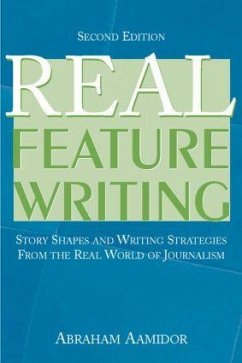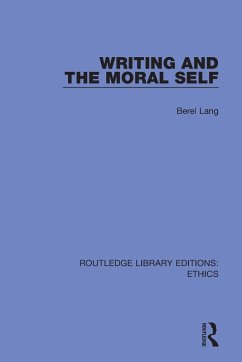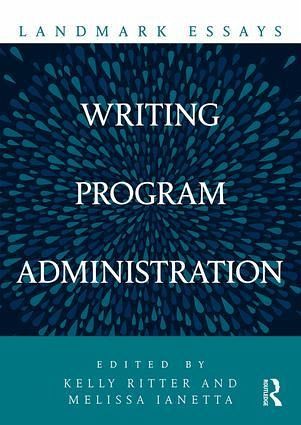
Landmark Essays on Writing Program Administration

PAYBACK Punkte
34 °P sammeln!
Leading with the provocative observation that writing programs administration lacks "an established set of texts that provides a baseline of shared knowledge . . . in which to root our ongoing conversations and with which to welcome newcomers," Landmark Essays on Writing Program Administration focuses on WPA identity to propose one such grouping of texts. This Landmark volume is the cornerstone resource for new Writing Program Administrators and graduate students seeking an ever-important overview of the literature on Writing Program Administration. Drawing broadly across scholarship in writin...
Leading with the provocative observation that writing programs administration lacks "an established set of texts that provides a baseline of shared knowledge . . . in which to root our ongoing conversations and with which to welcome newcomers," Landmark Essays on Writing Program Administration focuses on WPA identity to propose one such grouping of texts. This Landmark volume is the cornerstone resource for new Writing Program Administrators and graduate students seeking an ever-important overview of the literature on Writing Program Administration. Drawing broadly across scholarship in writing programs and writing centers, Ritter and Ianetta work to historicize, theorize, and problematize the ever-shifting answers offered to the question: Who-or what-is a WPA?





